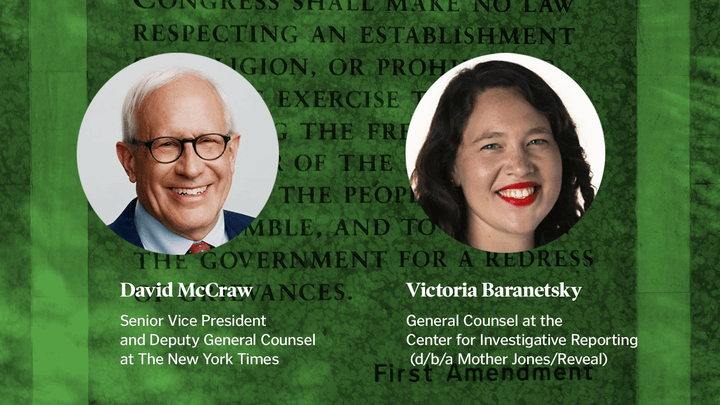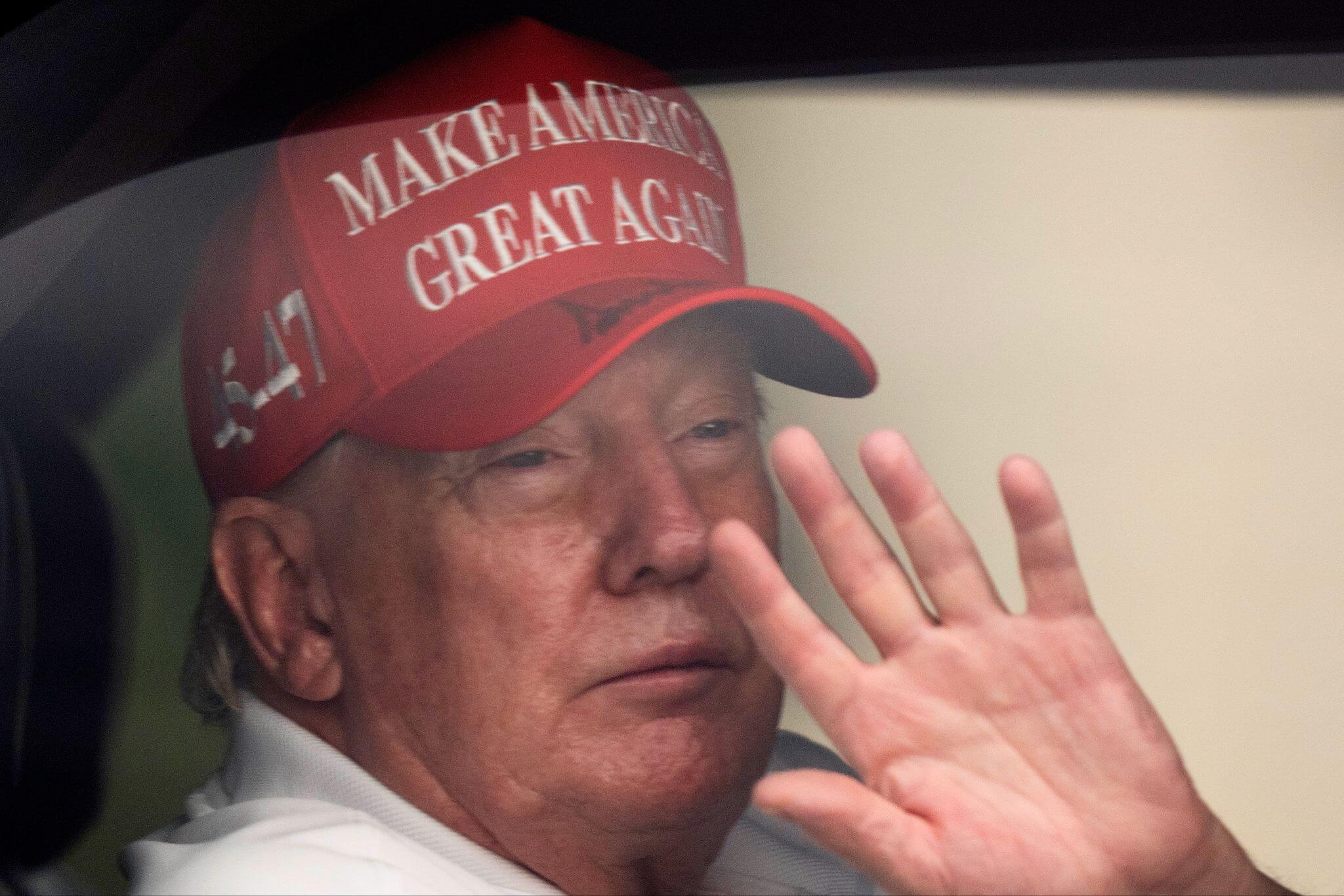President Trump has had a long and stormy relationship with BuzzFeed. Three years ago, when Trump was considering a run for president, BuzzFeed ran a lengthy and dismissive profile that said he would “not be king.”
As his bid for president gained momentum, he tried (unsuccessfully) to freeze BuzzFeed out, putting the company on his media blacklist and calling it all kinds of names. Then, after BuzzFeed published a dossier of unverified claims about Trump last month, the President-elect called it “a failing pile of garbage” in a press conference (a moniker BuzzFeed gleefully embraced).
With all this shade, you might think BuzzFeed’s White House reporter is constantly fighting with the Trump administration. But it appears the bad blood is no longer boiling.
“I appreciate that maybe the public idea is that they were going to be confrontational and unhelpful,” said Adrian Carrasquillo, BuzzFeed’s White House correspondent. “But they’ve been helpful to me, which I really appreciate.”
In an interview with Poynter, Carrasquillo — who has been an early and aggressive chronicler of America’s immigration issues — talked about being BuzzFeed’s man in the White House, his relationship with Trump’s aides and the value of having a seat at the briefing room.
On BuzzFeed being called “a failing pile of garbage”
“My thing is that I want to be treated like all the other journalists in the room. So that was — you know, a little tough at the time, just because we were singled out, as well as CNN. But it didn’t really change the way I do my job, the way I approach it. I talk to administration folks now every day. I’m in the White House briefing room every day. I raise my hand to ask questions every day. Haven’t gotten called on yet, but I think that’s gonna happen, too. This is a hugely important time in our country and it’s hugely important to be covering these stories that are emerging out of this administration.”
On being a journalist of color at the White House
“I’m one of the few Hispanics in that briefing room, I think I also bring my background, the stuff that I cover, my experience, my knowledge, my expertise on certain issues like immigration.”
The prevailing mood in the briefing room: Just do your job
“I think a lot of journalists in the room just figure: They don’t have to be so nice all the time. Or if they’re rude from time to time, it’s fine. We’re all adults in that room. We want to do our jobs. And as long as they’re treating me the same way they do the other reporters in the room, I feel great about it.”
On Steve Bannon’s relationship with the press
“When I was working on that story, I was listening to that podcast from those Obama alumni, and one of them is Tommy Vietor. And he was saying, ‘Bannon is flying too close to the sun. And I really thought that encapsulated the story that I was working on.”
“…What has been reported often about President Trump is he likes to split power among a lot of aides. He’s kind of the star of the show. And so it’s interesting. When different reports started coming out. The Washington Post said he inquired to aides inquire about that Time magazine cover. I mean, when have we seen an administration aide get a time magazine cover?”
He doesn’t feel singled out because he’s from BuzzFeed
“To their credit, and I’ve told them this, the administration folks that I work with day in and day out have been really helpful. And look: They very much enjoy being the outsiders. But a lot of them haven’t really been through this before, to do something as huge as setting up the government and running the government. It took them awhile to get things up to speed.”
On the value of having a seat in the briefing room
“I think there is value in being in that room. I think there is value in running stories by the administration. Look at my situation, for example. I am the only White House correspondent, so I am in many ways am the middle man, and I field a lot of requests. It might come from a tech reporter one day, and it might come from one of our business reporters the next day. And sometimes stories might be at different stages, and I have the chance to say, “hey, have you guys heard about this? Is this a thing? What’s going on? Give me some background, explain this to me.”
On White House leaks
“Some former administration people have seen that they’ve never seen leaks like this before. Whether it’s coming from the state department, or it’s coming from these calls with world leaders where there aren’t that many people in the room.”
“There are a lot of leaks out there. But I was reading a former Bush administration official who said the other day that there’s always leaks. And that if you want to find out who the leakers are, you can do the blue dye test, where you give certain information to different people and see who leaked it. I guess we’ll find out in the coming weeks and months if this is a leaky administration or if this is just par for the course.”






